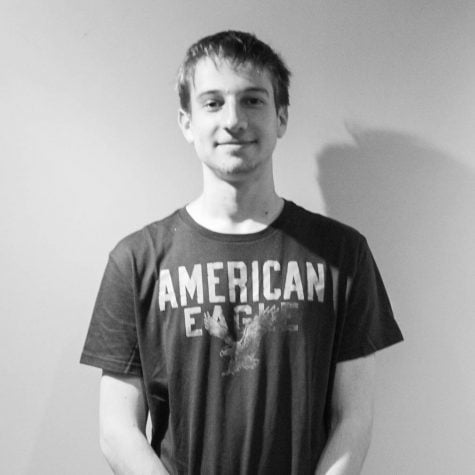The last time Guilford College changed its curriculum was in 1998. Now, 18 years later, the faculty is revising it again.
In April 2015, the faculty approved a process to amend the general education curriculum. Led by a revision committee, the planning process is expected to take two years, finishing in Spring 2017.
The general education curriculum currently consists of three parts: foundations, explorations and capstone, which sets a minimum amount of certain courses a student must take. These requirements will be edited during the review.
“Higher education operates on what’s called ‘shared government,’” said Kyle Dell, chair of the revision committee and associate professor of political science, in a phone interview. “In that sense, the faculty and the board of trustees essentially agree to share the governance of the College.”
Compared to the board of trustees, the faculty is more responsible for managing the curriculum. The planned curriculum revision, from start to finish, looks something like this:
It began in Spring 2015 when the faculty met for the first time to kick off the revision process. These revisions are periodical and are meant to keep Guilford up-to-date with demands and new data.
“(In 1998) our curriculum was innovative, but times have changed, and Guilford needs to revise it again to reclaim that position,” said Damon Akins, associate professor of history, in an email interview.
Over summer and fall, planning commenced. The first step was creating a committee.
“The committee was chartered upon the recommendation of the Clerks committee last year,” said Caleb Anderson, sophomore and student representative of the Clerks committee, in an email interview. “It has representation from faculty, staff and students from many different facets of campus to best represent different viewpoints.”
Members decided to name the board LAGER, or Liberal Arts General Education Revision, which is meant to put Guilford’s identity as a liberal arts college at the forefront.
To make sure the College could afford these changes, the council collaborated with the administration to arrange a budget. Then Dell’s team updated information on faculty and community attitudes about the current curriculum.
Finally, over the January term, the committee met every day to design a framework for the modifications.
“Our goal (for J-Term) was to come up with a rough outline and a blueprint document,” said Dell. “This would be the most general ideas from the research we are doing, the assessment data and the feedback from the faculty.”
As of now, LAGER has not made any formal decisions. However, there are a few guiding principles that the revisions will follow.
“The next general education curriculum will need to be both exciting and engaging for students,” said Anderson. “This could be through a variety of strategies and final outcomes for the next plan, but these two factors are key for development.”
After the committee publicizes the draft, it will alternate between feedback and more revisions to ensure both accuracy and community involvement.
“The LAGER committee will propose a draft model, solicit feedback from the entire college community, revise the draft over the summer and bring that back to the campus community for more feedback and discussion,” said Akins.
In the end, the new curriculum seeks to bring welcome changes, although it might take a while.
“As we begin to present our ideas and plans to the community in fuller detail, I truly hope the community understands we are working to develop the best general education for Guilford students of the future,” said Anderson.
“We want to produce something comprehensive and complete, and we’re doing that through good, honest practices and not through dividing departments. As we present our ideas in the spirit of higher education, we hope they merit responses in the same light.”







